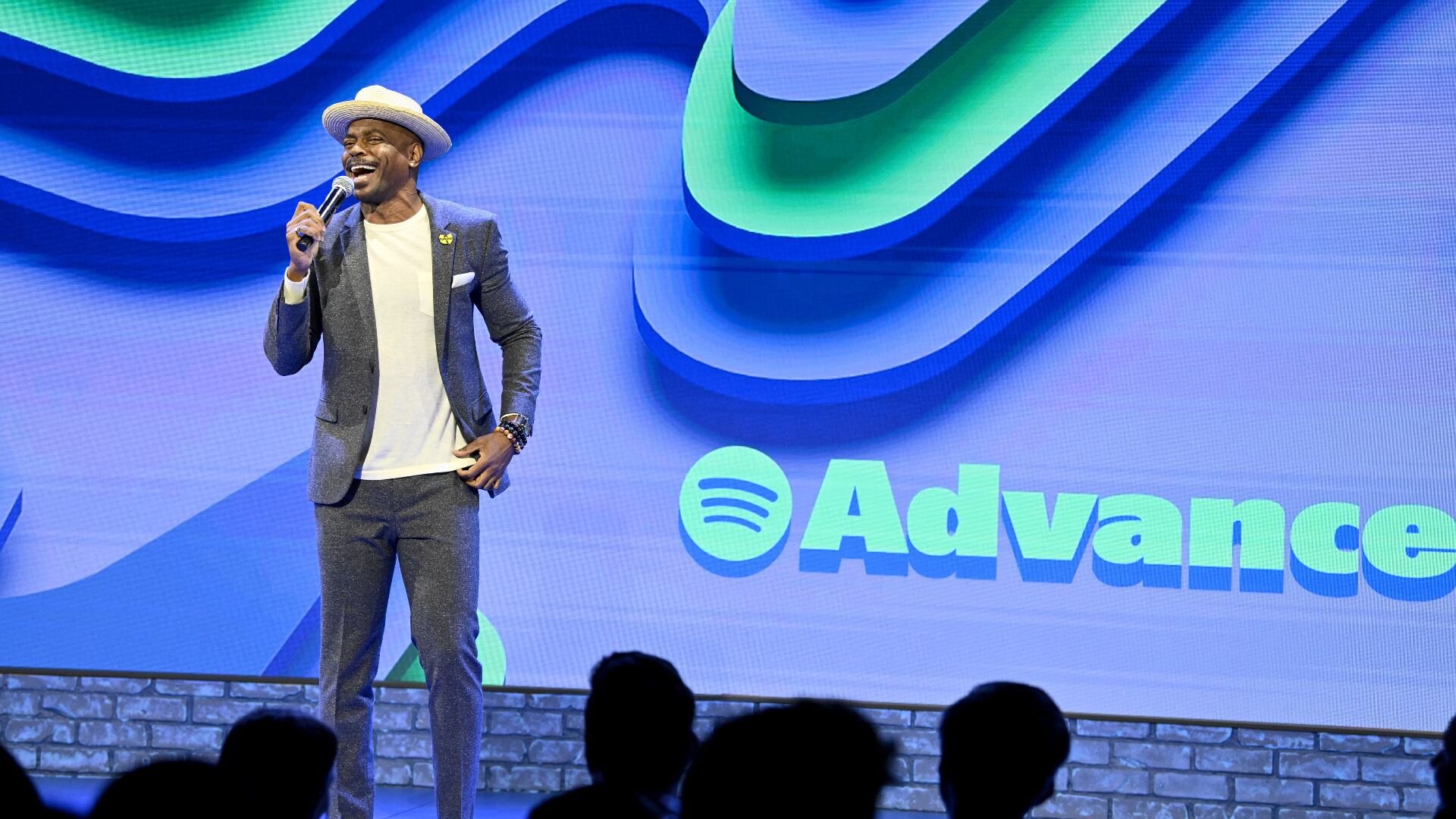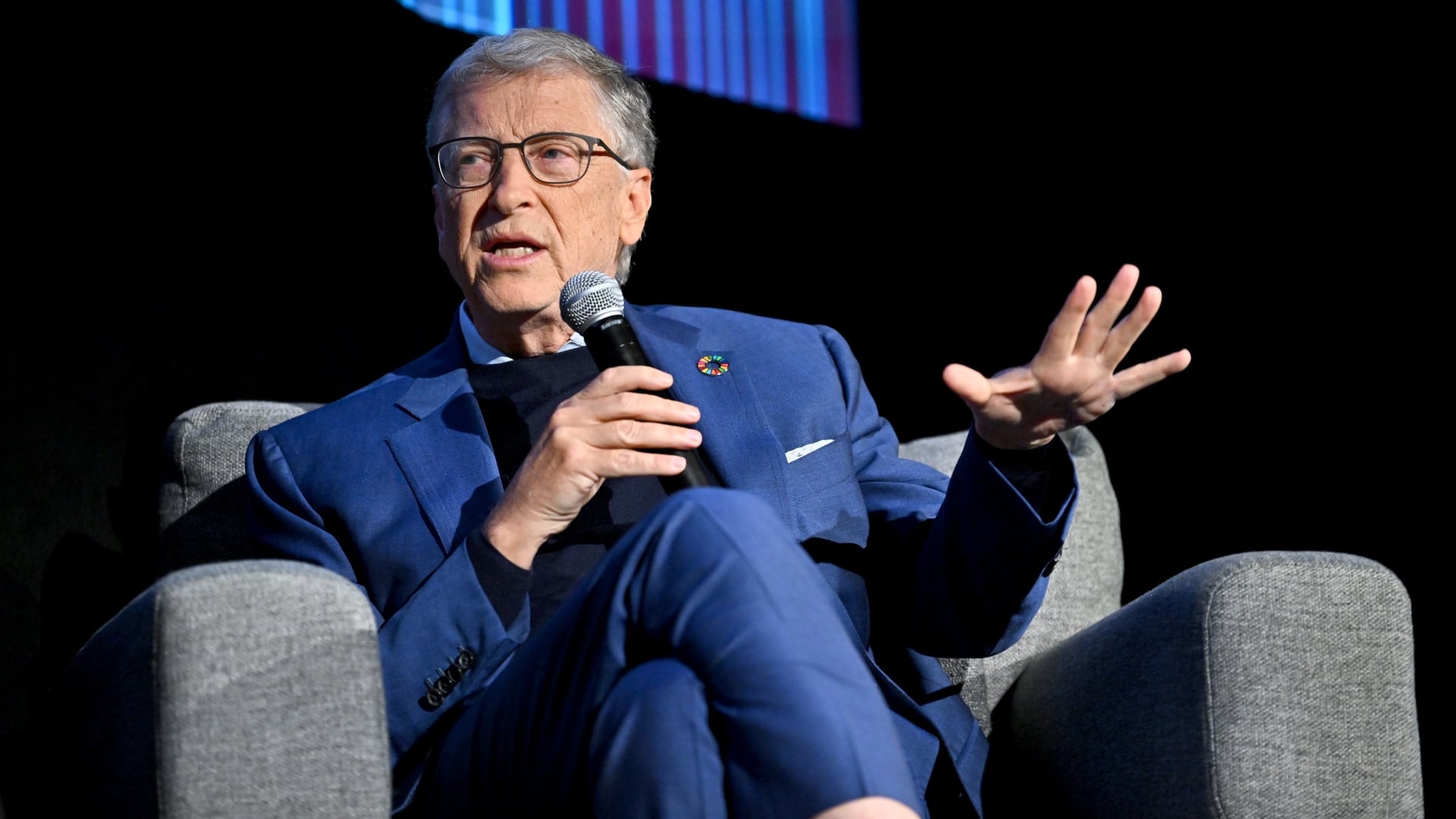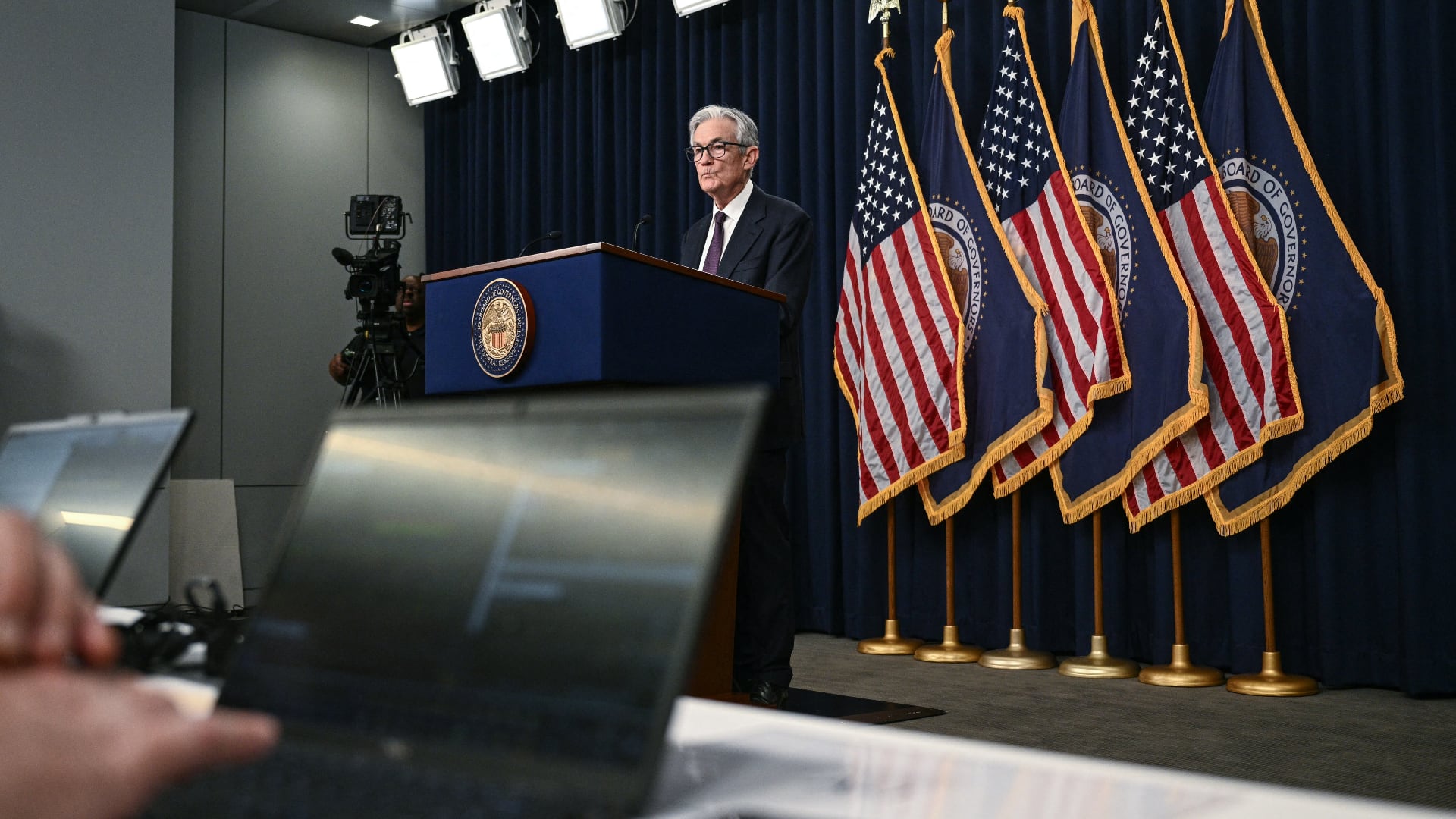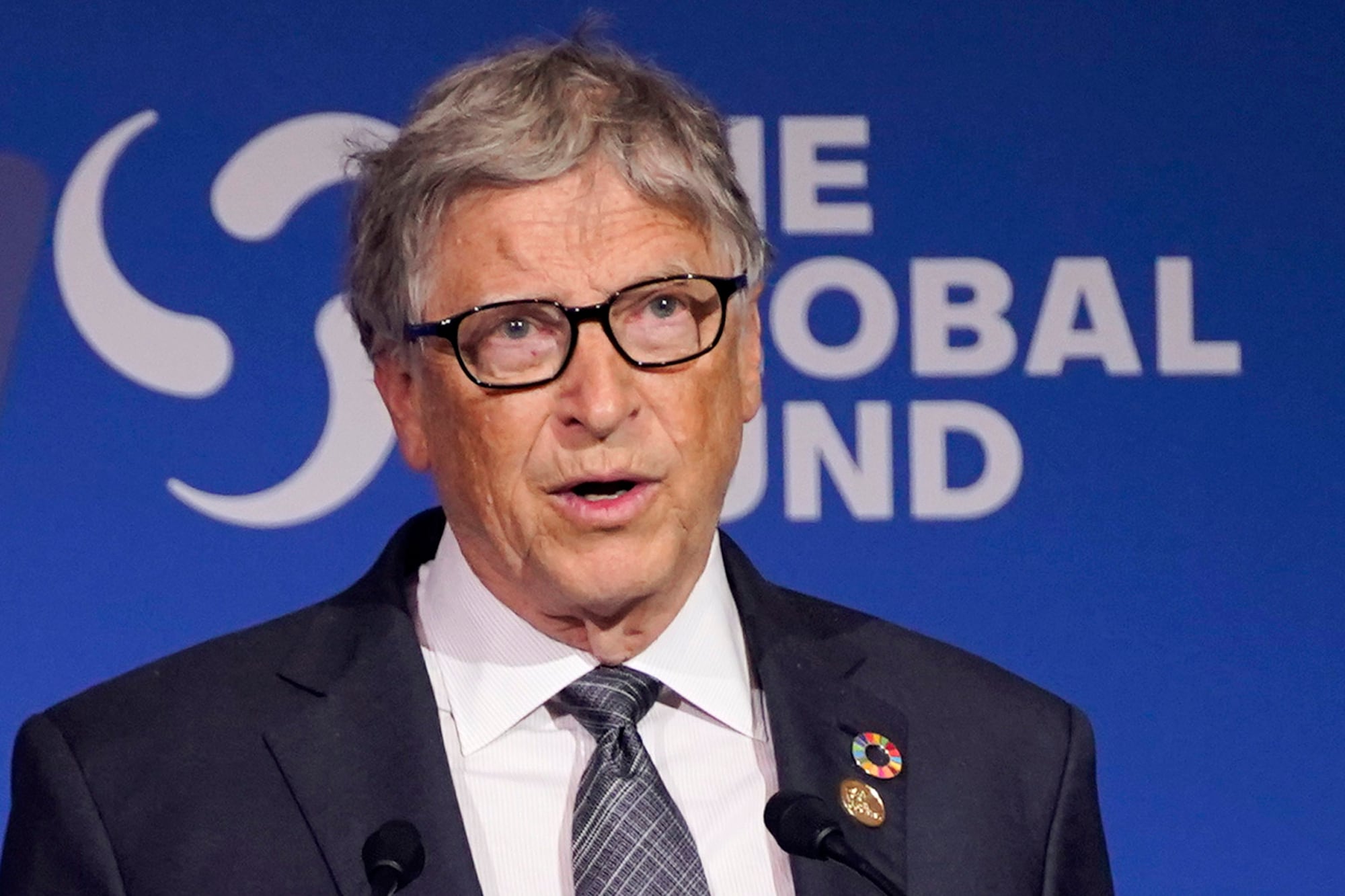With the 24-hour news cycle, shortened attention spans, and the overall fast pace of life, audio platform Hark wants to make it easier for people to digest hours-long podcasts on their favorite topics.
Editors compile moments from a slew of podcasts and organize them into playlists, which the company has dubbed as Harklists. Similar to an old-fashioned mixtape or sports highlights on TV, a smorgasbord of audio clips can exist in a single location, curated by experts.
Hark Audio founder and CEO Don Mackinnon told Cheddar that the company is looking to help listeners discover new content as well as support content creators in widening their audiences.
"What we're really trying to do with Hark is come up with a way to sort of reimagine what's possible with podcasts. There are 48 million podcast episodes out there, and it's incredibly overwhelming and hard to discover," he said. "So what we do with Hark is, Hark will play you the best moments from great podcasts organized around your interests."
Hark's editors also host the playlists and introduce each episode of clips in an effort to keep the listener informed about the actual podcast hosts, as well as the title of the shows. Though clips can range between two and four minutes, listeners still have the option to listen to complete podcast episodes by telling the app to play it in full.
Mackinnon says there is something for everyone on Hark as the lists are created around a person's interests. Among the most popular topics currently are NFTs and President Joe Biden's first 100 days.
"There's a bunch of different perspectives and viewpoints that you can get in 20 to 25 minutes, and I think that's both food from sort of the efficiency standpoint ... but even more importantly, I think we live in the world of bifurcated media, where we're all in our bubbles," he said. "So Harklists are this way of hearing beyond your bubble in a way that allows you to explore a topic with your ears in a kind of serendipitous new way," he said.
The company, so far, has collaborated with Bill Nye, who narrates his own Harklist and entrepreneur Reed Hoffman, who has at least six different Harklists with content focused on finances and business advancement.












